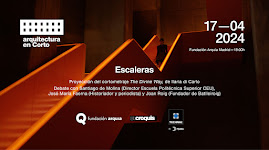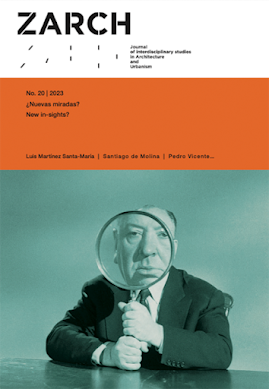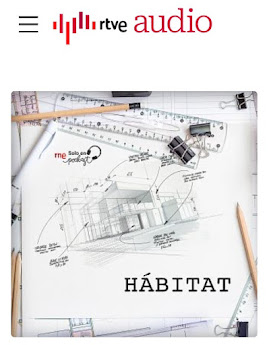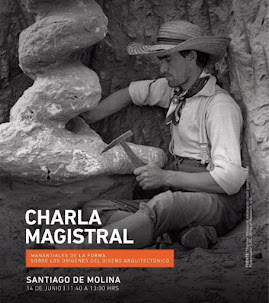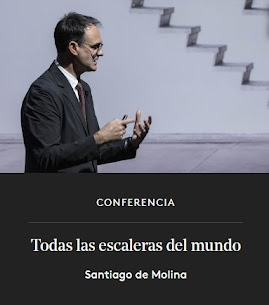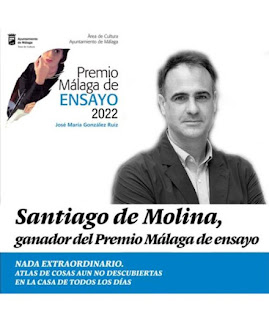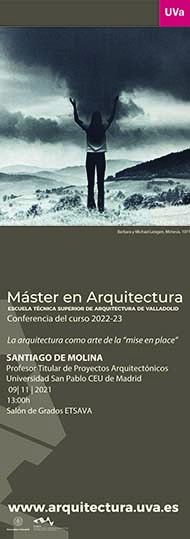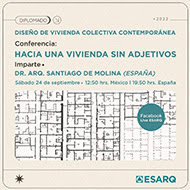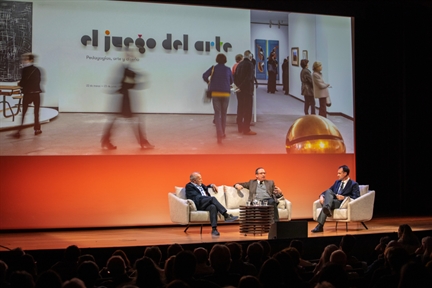Si un metro cuadrado de suelo es capaz de ser un retrato completo de cómo interactúa el cosmos, ni que decir tiene lo que puede contener la esquina de una obra de arquitectura bien trabada. Como sucede en esta imagen, hay detalles de un trabajo que condensa el mar y las estrellas, y la mirada de los griegos, y la vejez de la madera cuando por ella pasa el salitre y la intemperie.
Un detalle constructivo así logrado justifica una vida como arquitecto y condensa más significado que unas obras completas. La capacidad de los detalles para explicar el mundo creado a su alrededor ofrece la posibilidad de interpretar esta disciplina no desde las enormes teorías de la arquitectura y sus grandes tratadistas, sino desde los más humildes tratados de construcción: aquellos manuales medievales de corte de piedra, donde el saber se transmite en la geometría cifrada de un sillar, o en los nudos textiles del habitar primitivo relatado por Semper.
“¡Acariciad los detalles! ¡Los divinos detalles!”, gritaba Nabokov a sus discípulos. No era una exageración. Un tratado de esos pequeños detalles sería una cosmogonía de esta disciplina dedicada al arte de construir. A quien se atreva a emprender semejante tarea, le propongo para su prólogo los conocidos y hermosos versos de William Blake, cuando invitaba a ver el mundo en un grano de arena y el cielo en una flor silvestre, "porque en la palma de la mano cabe el infinito y la eternidad en una hora".
If a single square meter of floor can be a complete portrait of how the cosmos interacts, then imagine what might be contained in the corner of a well-built architectural work. As in this image, there are details that hold the sea and the stars, the gaze of the Greeks, and the aging of wood as it is marked by salt and weather over time.
A well-resolved construction detail can justify an entire life devoted to architecture, and can carry more meaning than a collected body of works. The ability of details to explain the world built around them offers a way to understand this discipline not through the grand theories of architecture and its towering authors, but through the humbler manuals of construction: those medieval stonecutting treatises where knowledge is encoded in the geometry of a single block, or in the textile knots of primitive dwellings as recounted by Semper.
“Caress the details! The divine details!” Nabokov would cry to his students. It was no exaggeration. A treatise on these small architectural gestures would be a cosmogony in itself, a whole vision of the universe for this discipline devoted to the art of building. For anyone brave enough to undertake such a task, I would suggest the beautiful and well-known verses of William Blake as a prologue—when he invited us to see the world in a grain of sand and heaven in a wildflower, “to hold infinity in the palm of your hand and eternity in an hour.”














_-_left_hand_screen,%20imagen%20wikipedia.jpg)








